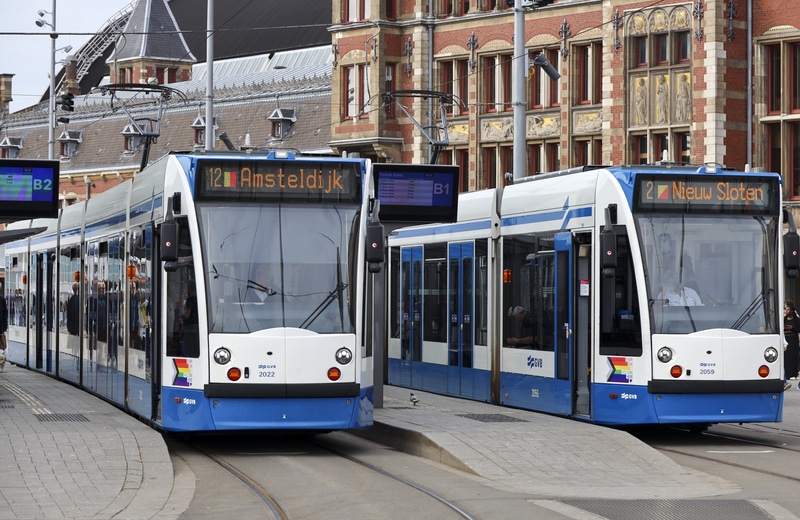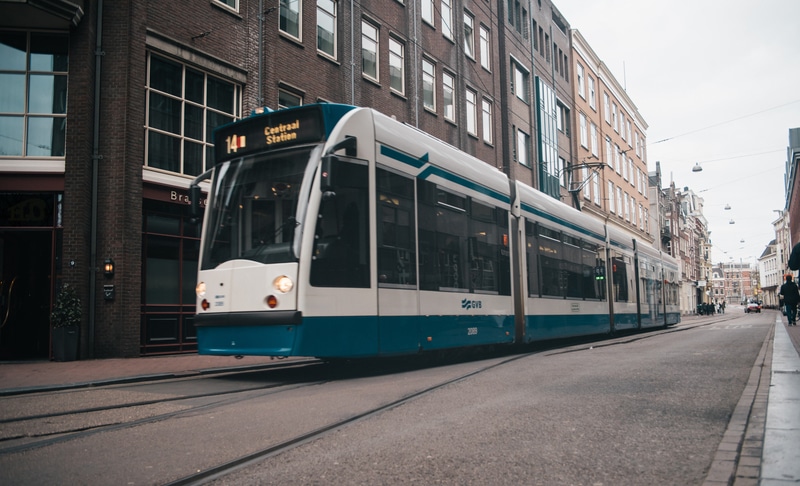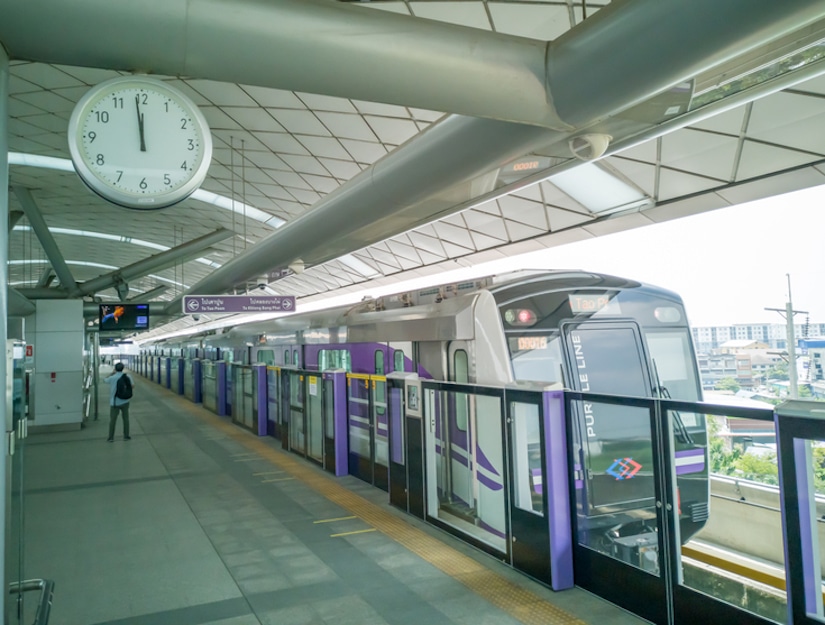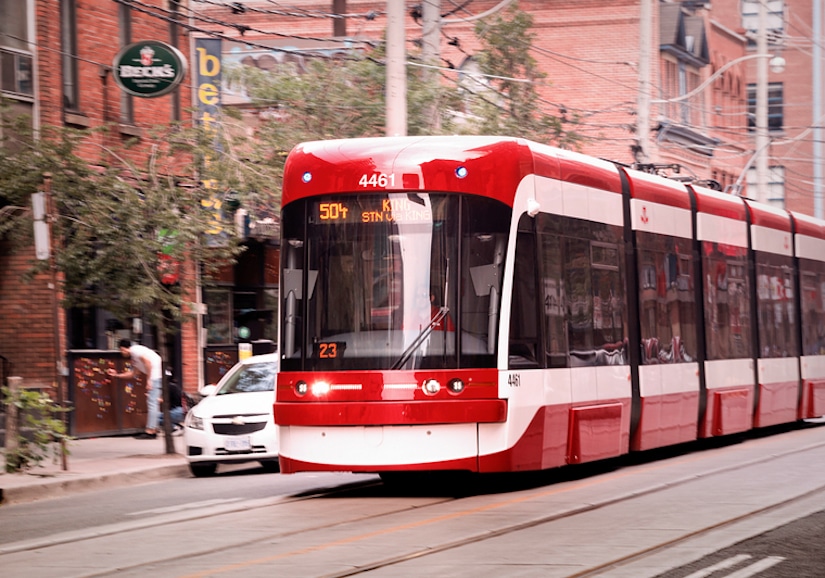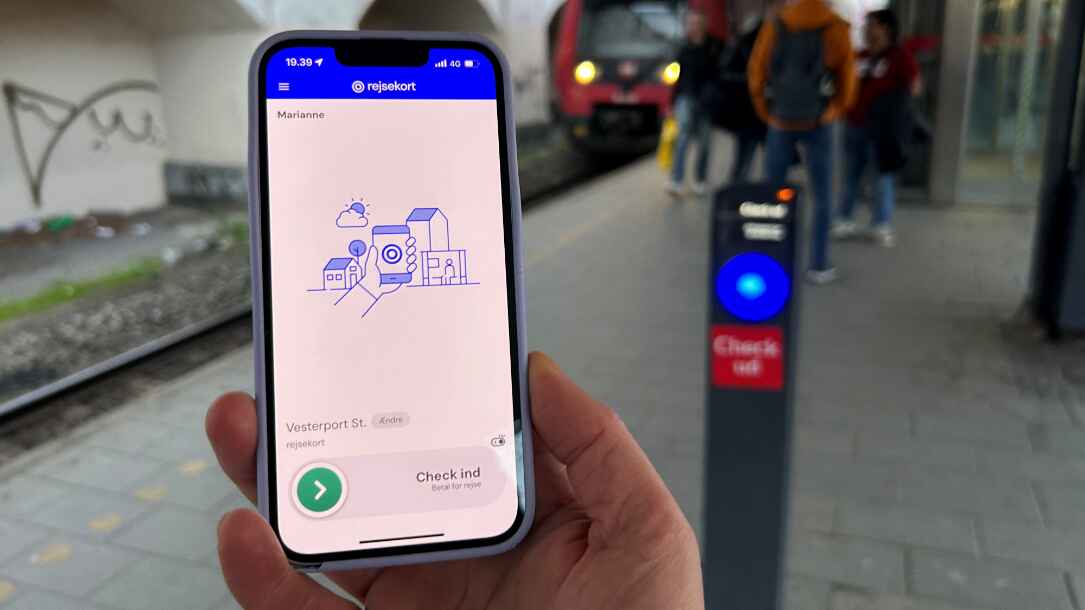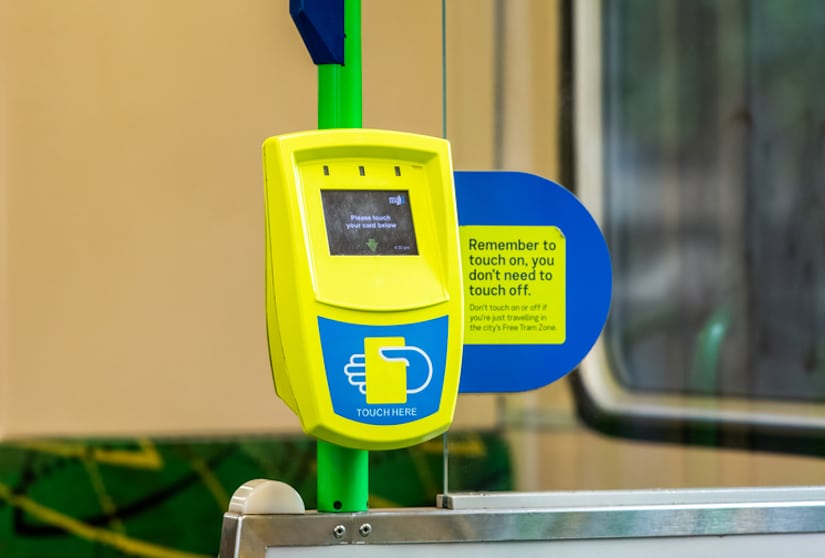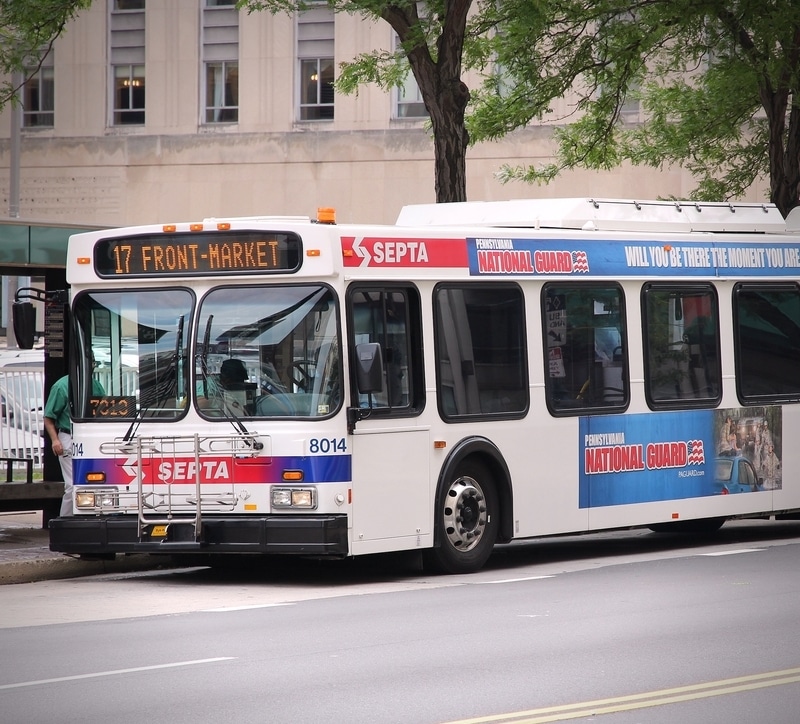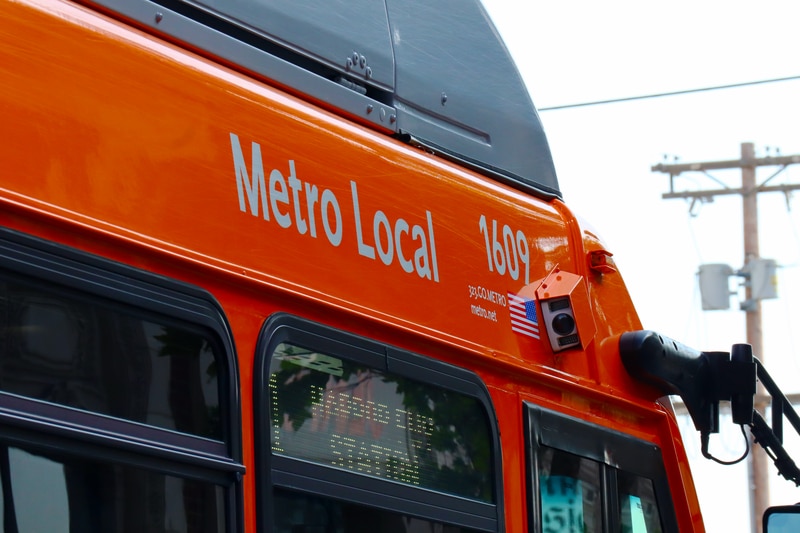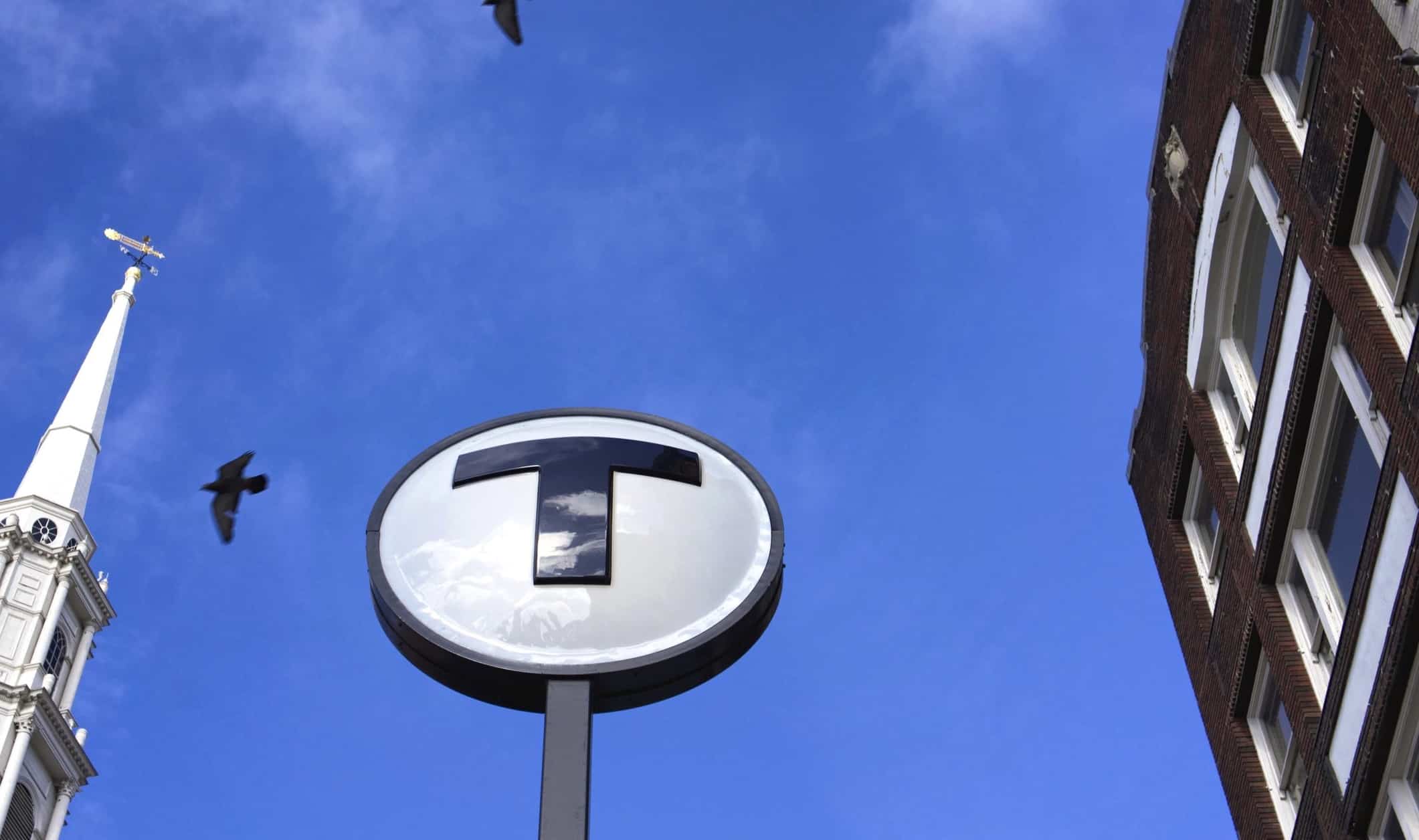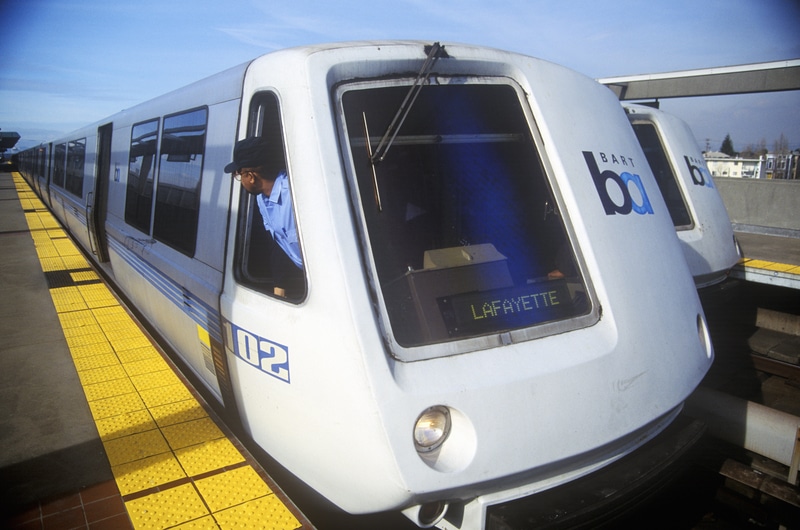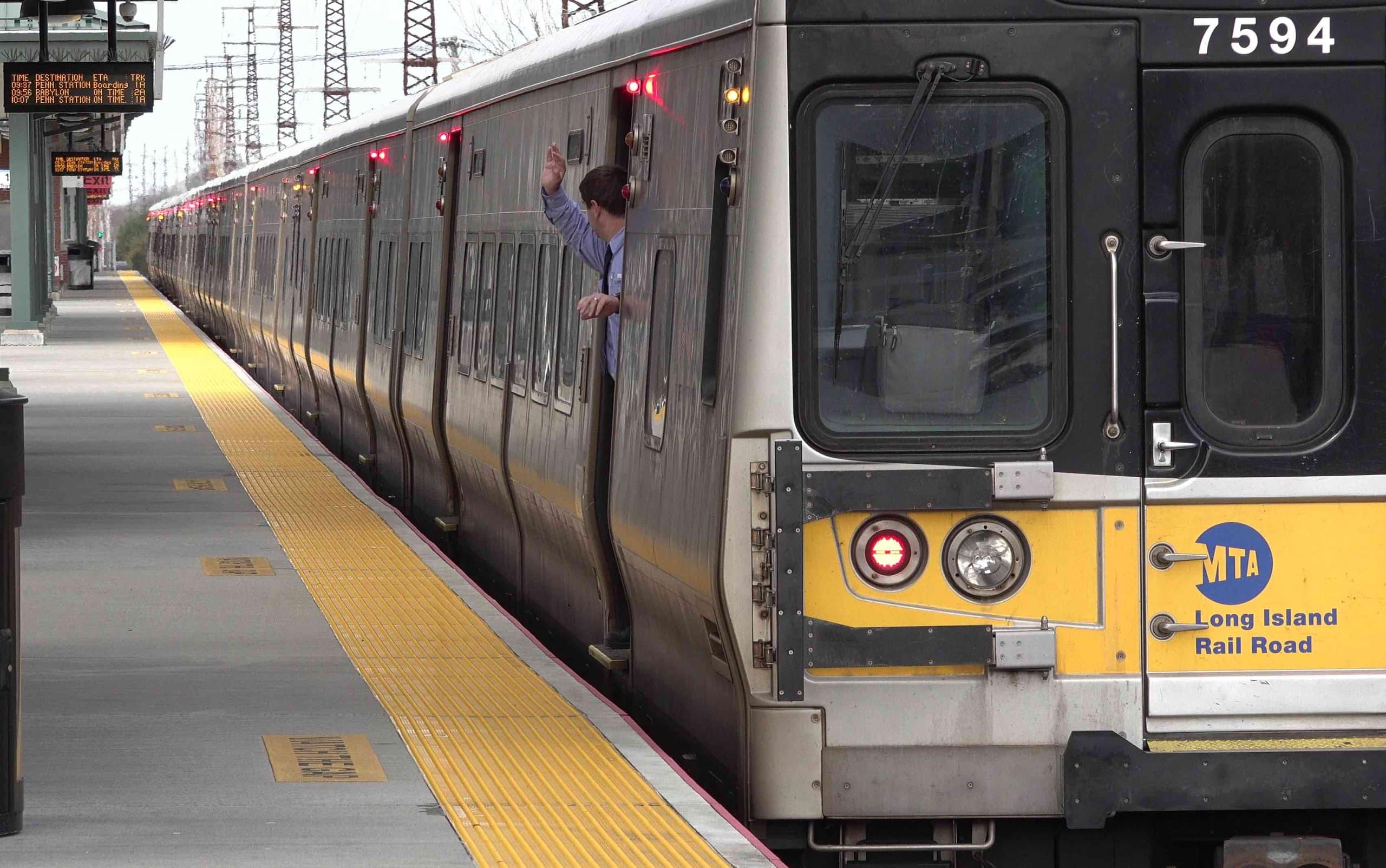
Article Highlights
RET, a bus, tram and metro operator serving the second-largest city in the Netherlands, Rotterdam, today announced it was beginning to accept open-loop payments. It’s the last major public transit company to join in the country’s nationwide open-loop service.
RET, short for Rotterdamse Elektrische Tram, has deployed more than 800 validators at gates for the metro and has also equipped or is equipping trams and buses with a combined 1,700 new validators.
• RET (Rotterdam)
• NS (Netherlands)
• GVB (Amsterdam)
• Translink (Netherlands)
• Thales
• Conduent
• Sigmax
RET, a bus, tram and metro operator serving the second-largest city in the Netherlands, Rotterdam, today announced it was beginning to accept open-loop payments. It’s the last major public transit company to join in the country’s nationwide open-loop service.








